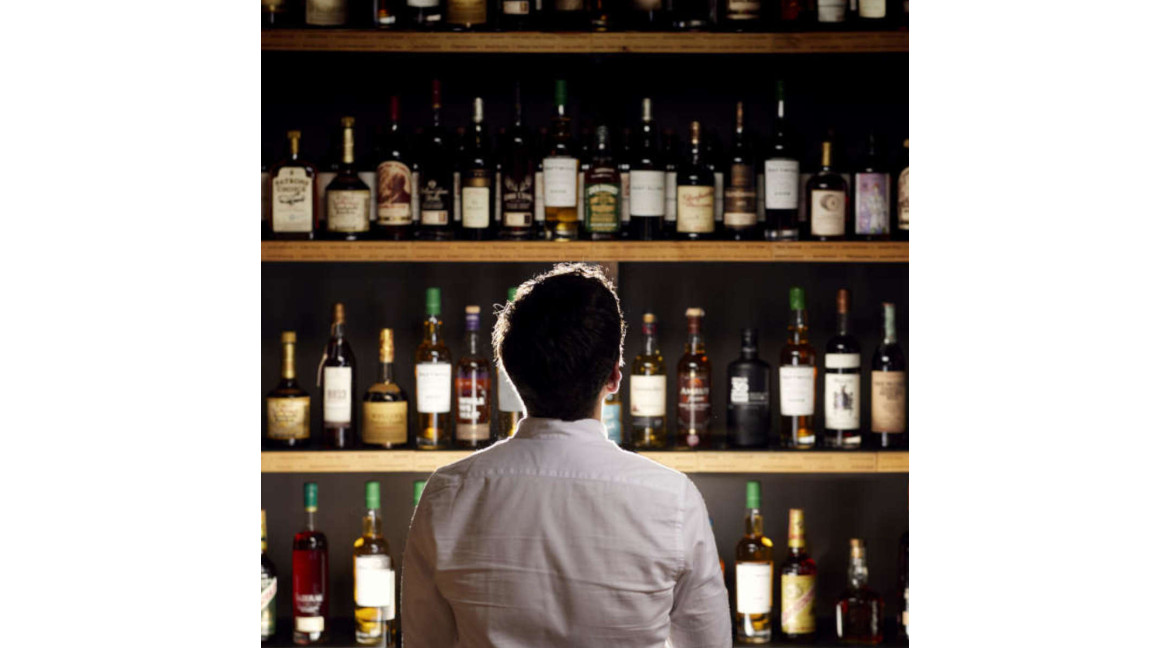
WHISKY OR WHISKEY? 2 FAMOUS NAMES. BUT IS THERE A DIFFERENCE?
Is it whisky or whiskey? Well, although they sound the same, there’s a difference. The spelling may seem insignificant, but it actually indicates the origin of the spirit.
When is whisky used?
Whisky, without the ‘e’, is the spelling used for spirits produced in Scotland, Canada and Japan. These whiskies are typically made from malted barley and matured in oak casks for at least three years. The Scottish whisky industry is the best known, with famous brands such as Glenfiddich and Macallan. Canadian whisky is also popular, often made from a blend of grains such as corn, rye and barley. Japanese brands are less well known, but have become increasingly popular in recent years due to their high quality and unique production methods.
When is whiskey used?
Whiskey, with an “e”, is the spelling used for spirits made in Ireland and the United States. Irish whiskey is typically made from a blend of malted and unmalted barley and aged in oak barrels for a minimum of three years. Popular Irish whiskey brands are Jameson, Teeling and Bushmills. American whiskey, on the other hand, are made from a variety of grains such as corn, rye, wheat, and barley. It also has a wider range of aging requirements with the most popular types being bourbon, which is made from at least 51% corn and aged in new charred oak barrels, and Rye whiskey, made from a mash bill of at least 51% rye.
The aging process of whisky and whiskey
An important aspect is the aging process. Whisky and whiskey are aged in oak barrels, which imparts different flavors and characteristics to the spirit. The type of oak used, the char level of the barrel, and the length of the aging process can all affect the final product. For example, Scotch whisky is often aged in barrels that previously held sherry or bourbon, which can add notes of fruit or vanilla to the final product. Want to know more about Bourbon? Read our blog about Bourbon: what’s it all about? American whiskey, especially bourbon, must be aged in new charred oak barrels, which gives it a distinct smoky and woody flavor.
What does the distillation process of whisk(e)y look like?
Another aspect to consider is the distillation process. Whisky and whiskey are both distilled to a high proof, but the specifics can vary. For example, Scotch whisky is typically distilled twice in copper pot stills, while Irish whiskey is distilled three times in copper pot stills. American whiskey can be distilled in a variety of stills, including pot stills and column stills.
Grains
In addition, the type of grain used in the mash bill can also affect the final product. As mentioned above, Scotch whisky is typically made from malted barley. Canadian whisky is often made from a mixture of grains. American whiskey can be made from a variety of grains such as corn, rye, wheat, and barley. The final product can have a unique flavor profile depending on the type of grain and the ratio used in the mash bill.
Categories of whisky and whiskey
Finally, it’s worth mentioning that there are different categories and subcategories. For example, Scotch whisky can be divided into single malt, single grain and blended. Single malt whisky is made from 100% malted barley and is produced by a single distillery. Single grain whisky is made from a single grain, usually wheat or corn. It is also produced in a single distillery. Blended whisky, on the other hand, is made by blending several single malt and single grain whiskies from different distilleries. Similarly, American whiskey can be divided into bourbon, rye, wheat, and corn whiskey, each with its own specific production requirements.
Another whisky that is worth mentioning? Peated whisky, with it’s magical smoke trail. A smoky Scottish whisky that you should try as an whisky lover.
In conclusion, the spelling of whisky or whiskey tells you a lot about where the spirit comes from and how it is made. Each type and brand has its own unique characteristics. The best way to understand and appreciate them is to try them for yourself. Whether you prefer a smooth, peaty Scotch or a bold, spicy Bourbon, there’s a whisky or whiskey for everyone..
